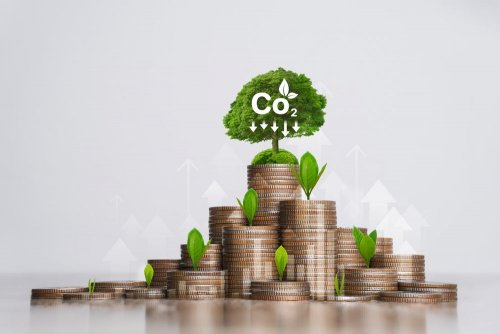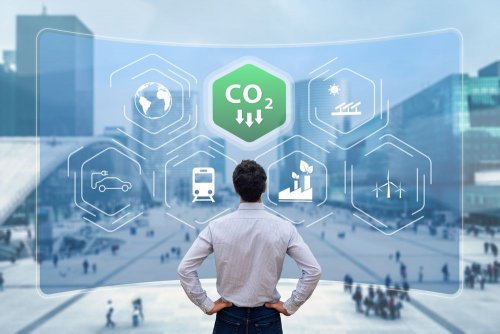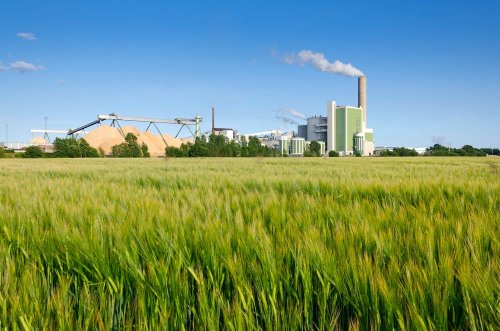The International Council on Mining and Metallurgy (ICMM) has developed accounting and reporting guidelines for Scope 3 emissions, i.e. supply chain emissions.
This will help provide a framework for mining and metallurgical companies to calculate and disclose these emissions, and thus decarbonize, ICMM President and Chief Executive Officer Rohitesh Dhawan wrote at The World Economic Forum.
It is noted that a number of temperature records, forest fires and other disasters were recorded in 2023. As temperatures rose, demand for oil reached an all-time high.
Dhawan emphasized that the main responsibility of business is to reduce Scope 1 and 2 emissions, i.e. direct company emissions and energy-related emissions. However, some businesses and locations find it easier to reduce these emissions.
For example, office businesses can purchase green energy and use electric vehicles to reduce their Scope 1 and 2 emissions to near zero. But it is much more difficult for a steel manufacturer supplying beams for an office building to reduce controlled emissions. Manufacturers of cement, aluminum, and the air transportation industry also face this problem.
It is noted that Scope 3 emissions make up about 75% of the company's emissions profile. Reducing such emissions requires all companies in the value chain that need to decarbonize to work together.
“Suppliers to and buyers of a hard-to-reduce sector can change their practices, invest jointly in technology or advocate for policies – to the extent that this can help tackle the emissions that are difficult to reduce," he said.
Dhawan emphasized that current production methods of electric vehicles create significant emissions, which reduce their role in achieving climate neutrality. In particular, during the extraction of heavy metals.
"The development of new technologies requires time that the world cannot afford, so miners prefer to extract high-quality ores and develop new products that reduce emissions from the existing process," he said.
The mining industry is one of the biggest sources of demand for shipping, he said. That's why mining companies are working with shipowners and operators to switch to lower-carbon marine fuels when building the low-emission ships of the future. There is also a need to increase transparency and cooperation in value chains to reduce Scope 3 emissions.
"The atmosphere knows no boundaries, and so do our ambitions," Dhawan emphasized.
As EcoPolitic reported earlier, the American metallurgical company Nucor announced the strengthening of targets for reducing greenhouse gas emissions forScope 1 and 2 by 35%, as well as Scope 3 by 2030 and achieving carbon neutrality by 2050.





